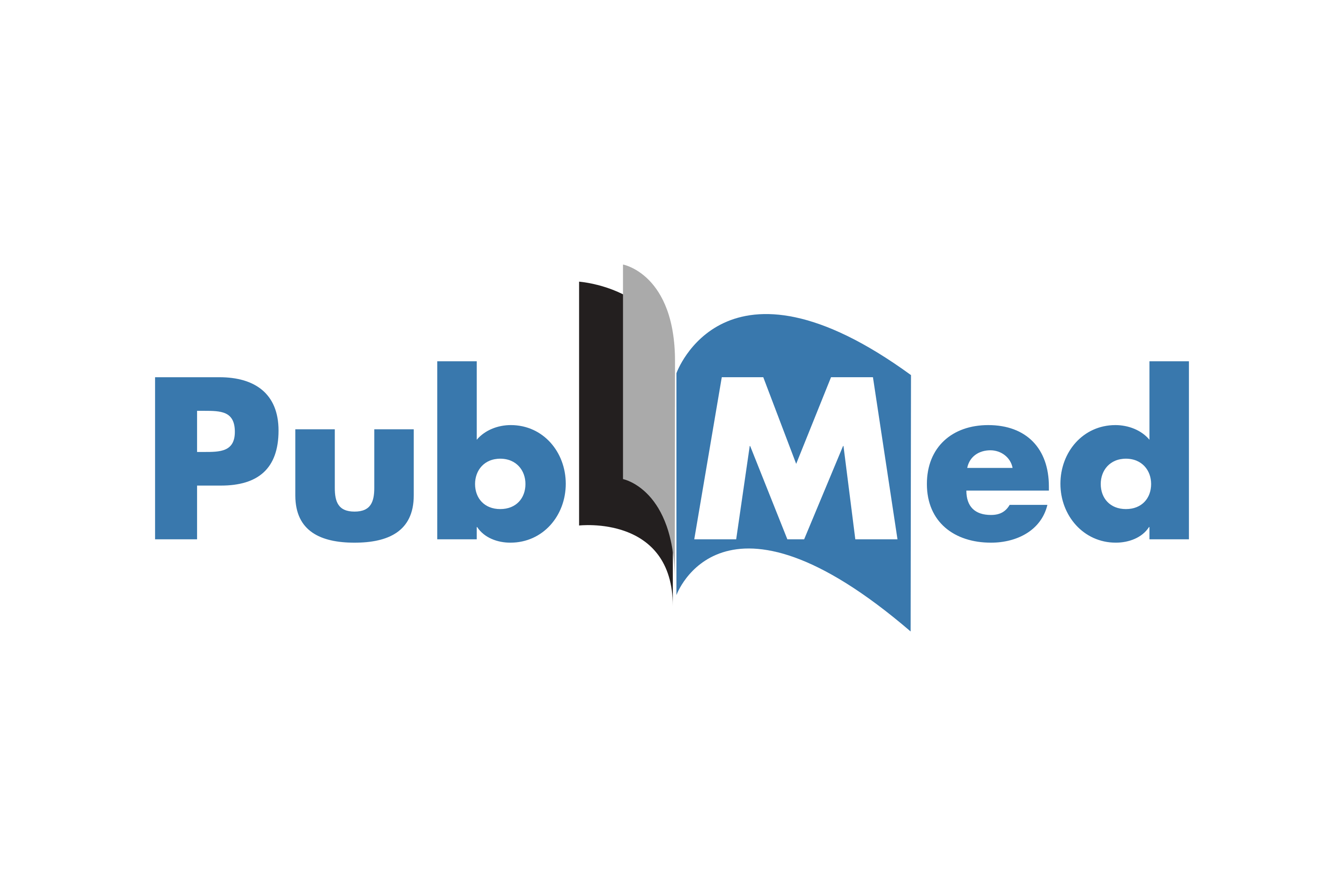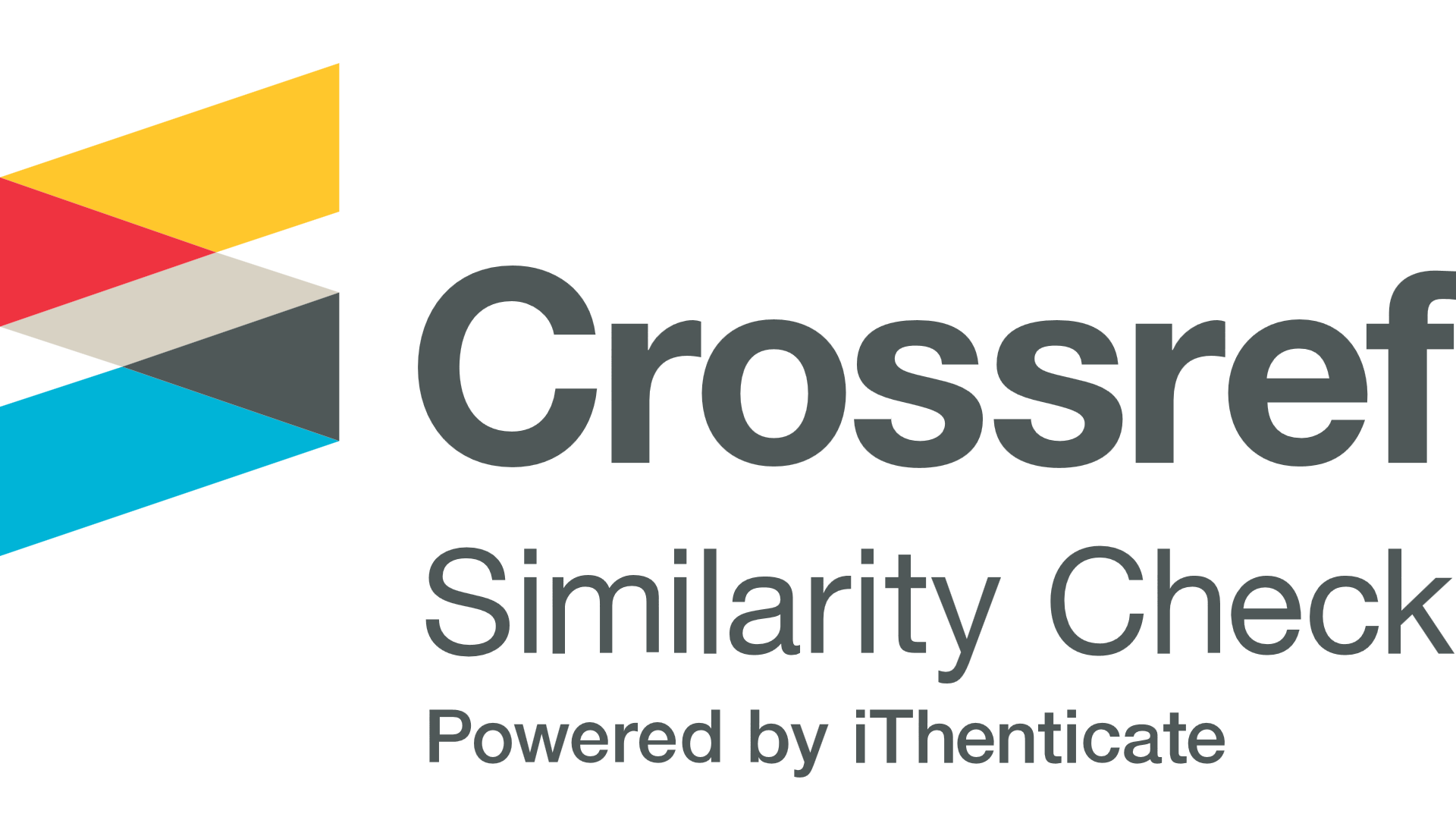Attitudes of Faculty Members in Colleges of Physical Education and Sport Sciences at Iraqi Universities toward E-Learning
Published
Oct 24, 2025Pages
182-203Abstract
Study Objectives
- To develop a scale that measures attitudes toward e-learning among faculty members of Colleges of Physical Education and Sport Sciences in Iraq.
- To assess the level of attitudes toward e-learning among faculty members of Colleges of Physical Education and Sport Sciences in Iraq.
The descriptive method with a survey approach was used because it fits the nature of this study. The study population included faculty members from the Colleges of Physical Education and Sport Sciences at Iraqi universities during the 2022–2023 academic year, totaling 1,238 members across 18 universities.
The construction and application samples included 320 faculty members from the original study population, randomly selected and divided into a construction sample and an application sample. The construction sample consisted of 200 faculty members, including a pilot sample of 20 faculty members and a statistical analysis sample of 180 faculty members. The application sample comprised 120 faculty members from the Colleges of Physical Education and Sport Sciences.
The final version of the instrument included 35 items spread across five domains. The researchers used the following statistical methods to analyze the data: percentage, arithmetic mean, standard deviation, Pearson’s simple correlation coefficient, and the standard score (6-sigma).
Findings
- A 35-item scale was developed to measure faculty members' attitudes toward e-learning in Colleges of Physical Education and Sport Sciences in Iraq.
- Normative levels for measuring attitudes toward e-learning among the target faculty members were established.
- The overall attitude of faculty members in Iraq's Colleges of Physical Education and Sport Sciences toward e-learning was found to be moderate.
Recommendations
Use the attitude scale developed in this study to evaluate the level of e-learning orientation among faculty members in the Colleges of Physical Education and Sport Sciences in Iraq, and refer to the normative levels table established by the study
References
- Hayat, Q. (2019). Standards and quality criteria in e-learning. Journal of Distance Education and Open Learning, Beni Suef University, Association of Arab Universities, 7(13).
- Rabii, F. (2017). Attitudes of e-learning professors: A field study at Batna University. Journal of Communication in Psychological and Social Sciences, (50).
- Qashmar, A. L., & Al-Ahmad, H. A. A. O. (2021). Attitudes of faculty members in Palestinian and Jordanian universities towards employing e-learning during the COVID-19 pandemic. Al-Athar Journal of Psychological and Educational Studies, Djilali Bounaama University of Khemis Miliana, 2(4).
- Al-Janabi, A. A. (2019). Fundamentals of measurement and testing in physical education (1st ed.). Cairo: Markaz Al-Kitab for Publishing.
- Al-Janabi, A. A. J., & Al-Mulla Hamu, O. S. D. (2020). Scientific research tools in physical education and sports sciences research (1st ed.). Cairo: Markaz Al-Kitab for Publishing.
- Bahi, A., & Hussein, M. (1999). Scientific coefficients between theory and practice: Reliability – validity – objectivity – standards. Cairo: Markaz Al-Kitab for Publishing.
- Melhem, S. O. (2000). Measurement and evaluation in education and psychology (1st ed.). Syria: Dar Al-Maseera for Printing and Publishing.
- Al-Zagloul, E. A. R., & Al-Hindawi, A. F. (2004). Introduction to psychology (1st ed.). Al-Ain: Anglo-Egyptian Library.
- Al-Atrebi, S. (2019). Learning by imagination: E-learning strategy and learning tools. Cairo: Al-Arabi for Publishing and Distribution.
- Al-Khasawneh, A. (2012). E-learning: Main issues and challenges – The Hashemite University as an example. Riyadh: Naif Arab University for Security Sciences.
- Amal, M., & Msebbah, F. (2019). The reality of applying digital education in Algerian universities from the perspective of professors and students: University of Khemis Miliana as a model. Arab Journal for Media and Child Culture, (6).
- Benshir, B., & Ammar, B. (2018). The reality of applying e-learning in Algerian universities: A case study of the University of Biskra. International Journal of Quality Assurance.
- Mills, S. J., Yanes, M. J., & Casebeer, C. M. (2009). Perceptions of distance learning among faculty of a college of education. MERLOT Journal of Online Learning and Teaching, 5(1).
- Brieger, E., Arghode, V., & McLean, G. (2020). Connecting theory and practice: Reviewing six learning theories to inform online instruction. European Journal of Training and Development.
Identifiers
Download this PDF file
Statistics
How to Cite
Copyright and Licensing

This work is licensed under a Creative Commons Attribution-NonCommercial 4.0 International License.







